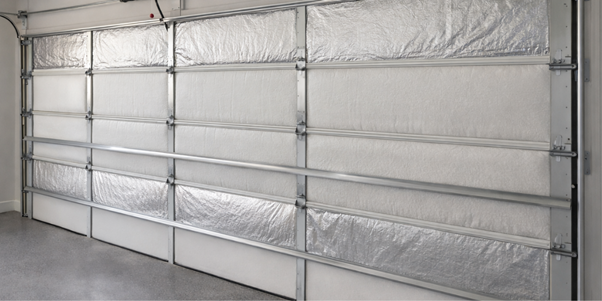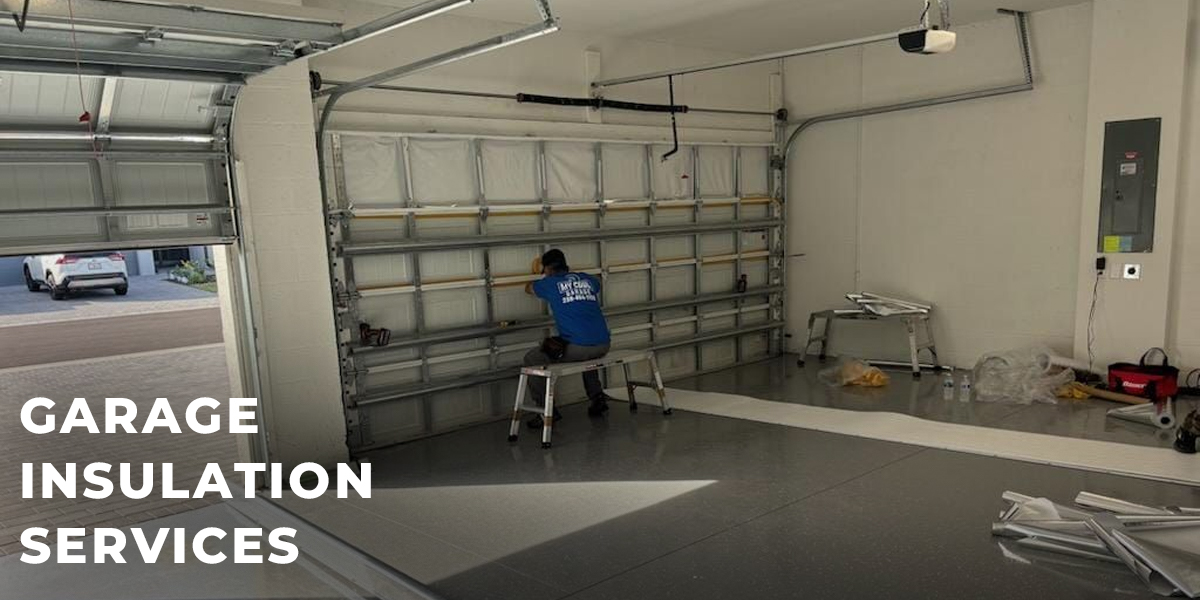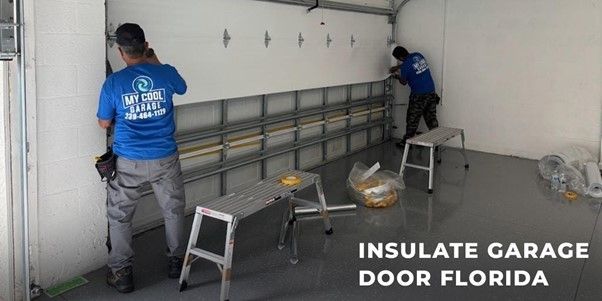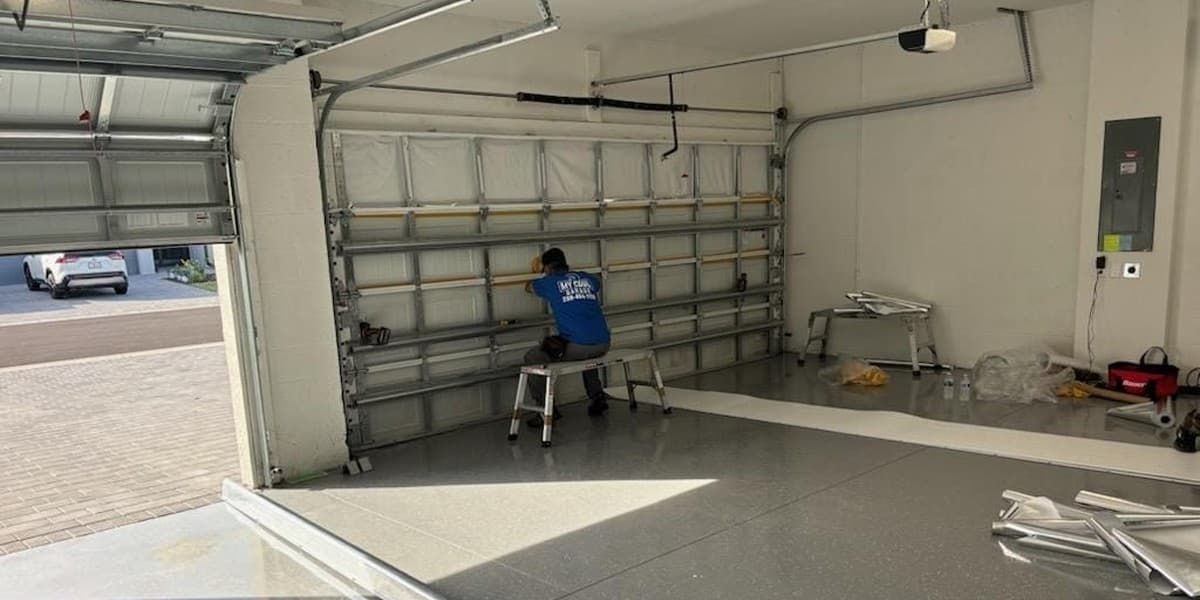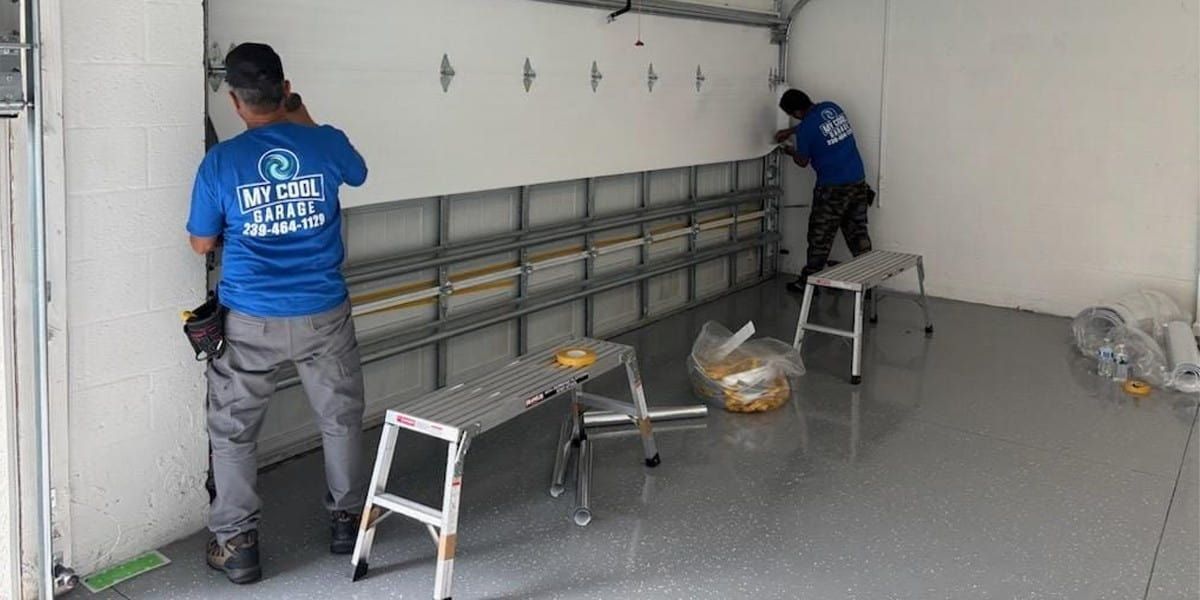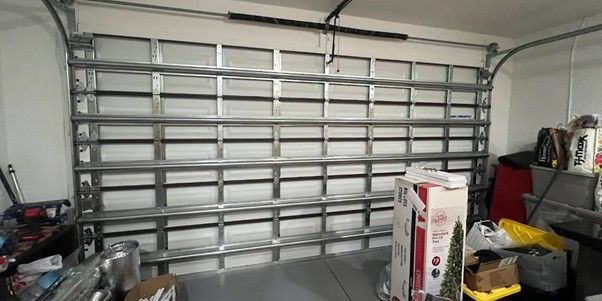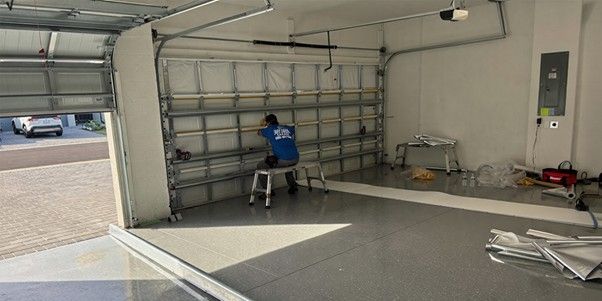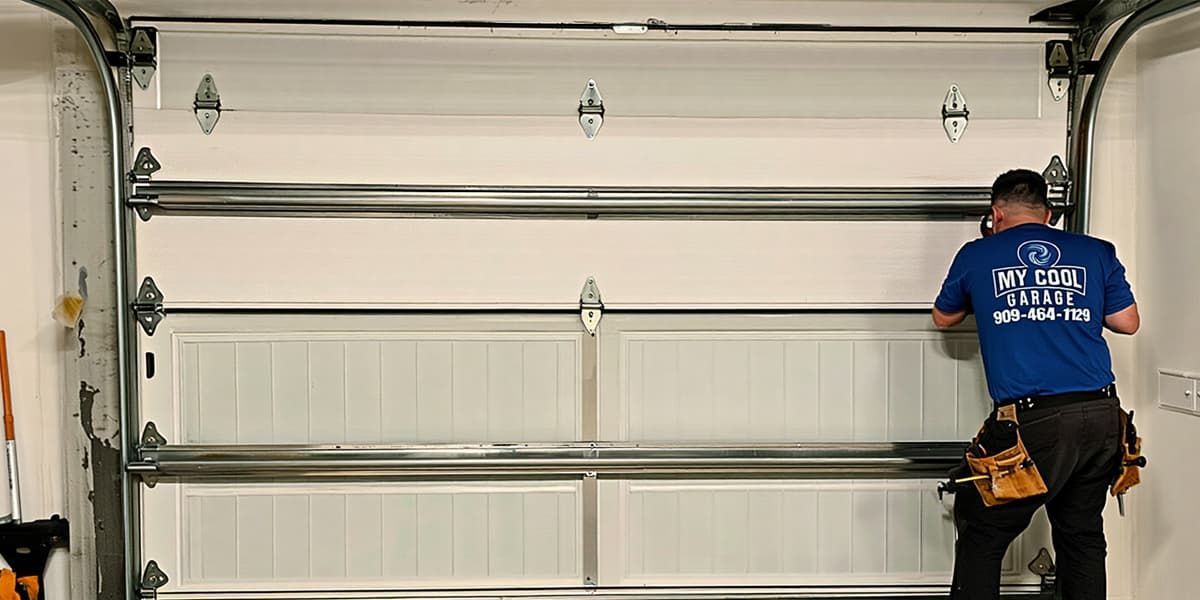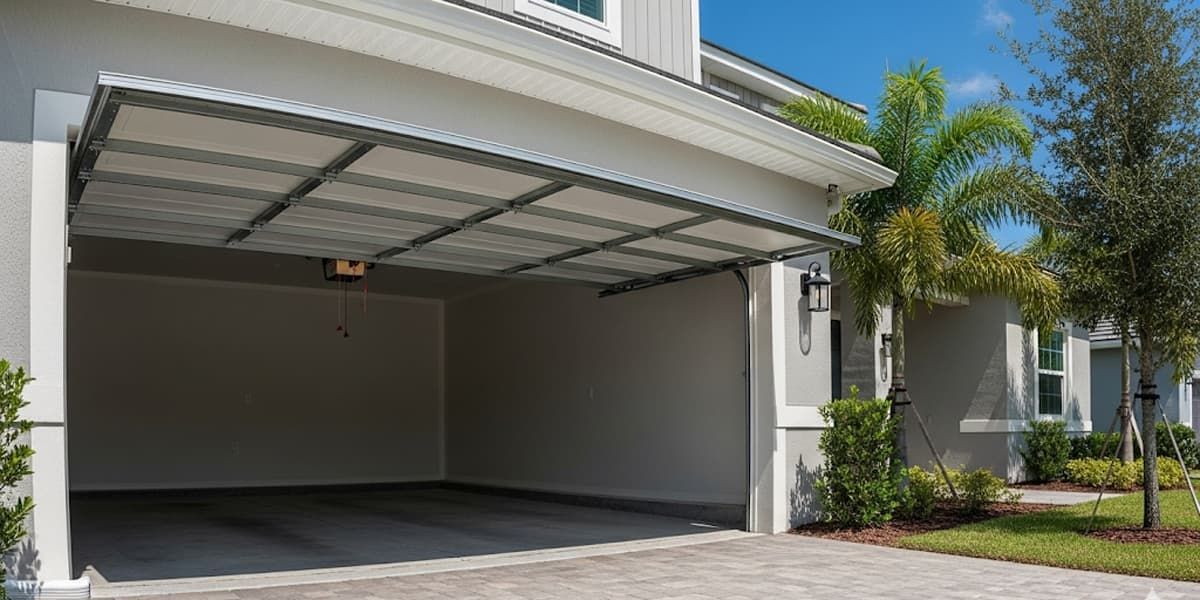Choosing the Right R-Value for Your Insulated Garage Door
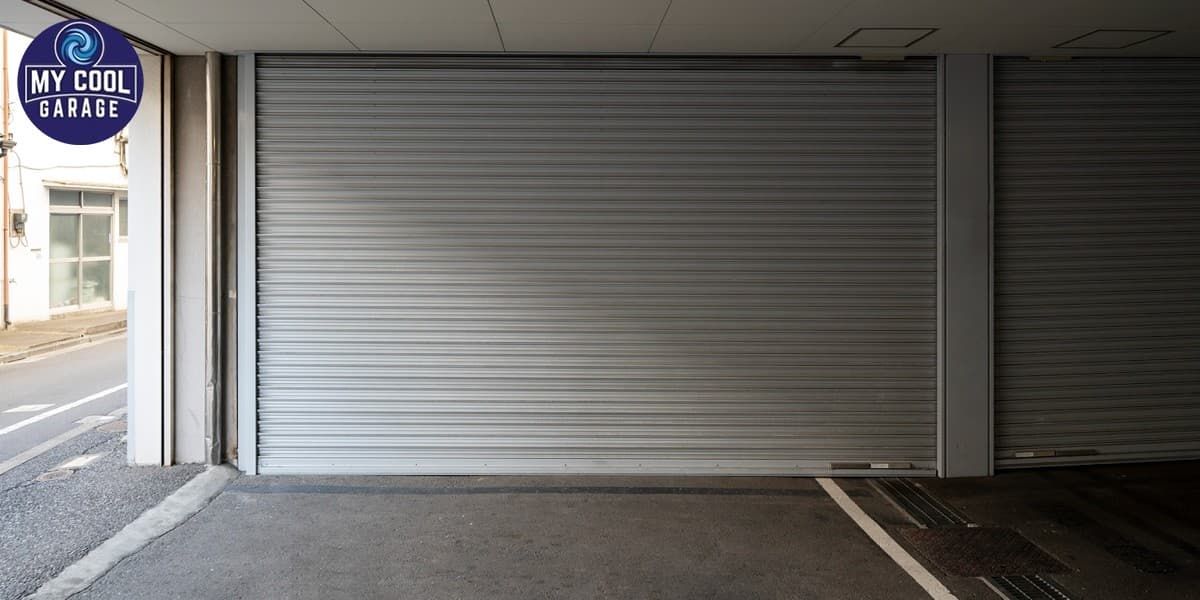
Hi there! We’re My Cool Garage, and if you’ve ever wondered what “R-value” means when shopping for a garage door—you're not alone. We hear this question a lot from our customers across Florida and beyond.
In this blog, we’re going to explain what R-value is, why it matters, and how to pick the right insulated garage door for your home based on where you live. Whether you’re dealing with blazing summers or chilly winters, getting this right can make a big difference in your comfort—and your energy bills.
What is R-Value, Really?
R-value measures how well a material resists heat flow. The higher the R-value, the better it keeps heat out in summer and inside during winter.
It’s like a cozy blanket for your garage—if your door has low insulation, heat and cold can move in and out easily, affecting your entire home.
Why R-Value Matters in Your Garage Door
Most garages aren’t connected to your HVAC system. But they still share walls with your home—and that’s where poor insulation can impact your indoor comfort and energy use.
In fact, the U.S. Department of Energy says 25–30% of heating and cooling energy is lost through poorly insulated spaces like garages and windows. A garage door with a good R-value helps maintain stable temperatures, cuts down on your energy bill, and protects your belongings from extreme heat or cold.
Ideal R-Values by Climate Zone
Here’s a quick guide to help you understand what R-value range is best for your climate:
| Climate Zone | Recommended R-Value | Why It Matters |
|---|---|---|
| Hot (like Florida) | R-6 to R-9 | Keeps out heat, helps AC run efficiently |
| Moderate (Midwest) | R-9 to R-13 | Balances hot summers and cold winters |
| Cold (Northeast, Rockies) | R-13 to R-18+ | Prevents heat loss and keeps garage warm |
So, if you’re planning to insulate garage door in Florida, you’ll want something in that R-6 to R-9 range. Anything less won’t do much to keep the heat out.
How Insulation Types Affect R-Value
There are a few different materials used to insulate garage doors, and each offers a different R-value:
We usually recommend polyurethane for the best thermal resistance and durability. It is a smart choice for Florida’s heat and humidity.
| Insulation Type | Typical R-Value per Inch | Common Use |
|---|---|---|
| Polystyrene (rigid foam) | R-3 to R-6 | Mid-range; lightweight |
| Polyurethane (spray foam) | R-6 to R-9 | High-performance; dense |
| Fiberglass batts | R-2.9 to R-3.8 | Used less in doors due to sagging |
R-Value vs. U-Factor: What’s the Difference?
Manufacturers sometimes mention the U-factor as well, which reflects how quickly heat passes through a surface. Unlike R-value, lower U-factors are better.
Here’s a quick tip: If you see both listed, just remember—
- High R-value = better insulation
- Low U-factor = less heat loss
Both give you an idea of how well the garage door will perform.
Our Recommendations for Florida Homes
As a company based in Florida, we know heat and humidity can make garages feel like ovens. That’s why we always recommend:
- Insulated garage doors with at least an R-7 rating
- Polyurethane-filled panels for stronger temperature control
- Weather seals to block air leaks around the frame
We’ve installed thousands of doors throughout the state, and these specs consistently deliver the best performance in real-world conditions.
Final Thoughts
Choosing the right insulated door isn’t just about comfort—it’s an investment that saves money, protects your belongings, and adds value to your home.
So the next time you hear someone ask, “What’s R-value?”—you’ll know it’s not just a number. It’s the key to a more efficient, comfortable garage, especially if you live in a hot place like Florida.
If you’re ready to upgrade or want help figuring out the best option, reach out to us at My Cool Garage. We’re always here to help you choose the right fit for your climate, budget, and needs.
People Also Ask (FAQs)
1. What R-value should I look for in a garage door in Florida?
For Florida, we recommend an R-value between R-6 and R-9 to effectively block heat and humidity.
2. Is a higher R-value always better?
Not necessarily. You should choose based on your local climate. Extremely high R-values are more useful in cold regions than hot ones.
3. What’s the difference between R-value and U-factor?
R-value shows how well a material blocks heat—higher numbers mean better insulation. U-factor measures how much heat escapes (lower is better).
4. Does adding insulation to a garage door really make a difference?
Yes! It helps control temperature, reduces noise, and lowers your energy bill—especially in hot climates.
5. Can I insulate my garage door myself?
DIY insulation kits are available, but for long-term results and a better fit, professional installation is highly recommended.
6. How long does garage door insulation last?
High-quality insulation like polyurethane foam can last 15–20 years or more with proper maintenance.
7. Need help choosing the right insulated garage door?
Visit us and get expert advice or schedule a free quote today!

